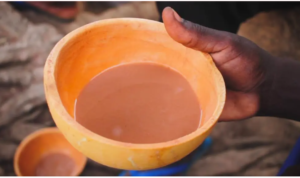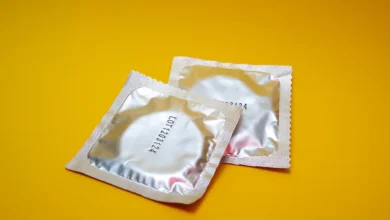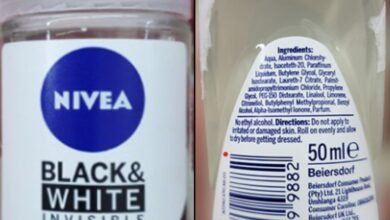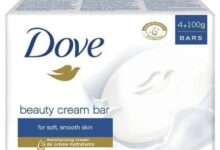Sweet drinks raise bowel cancer risk in young adults – Report
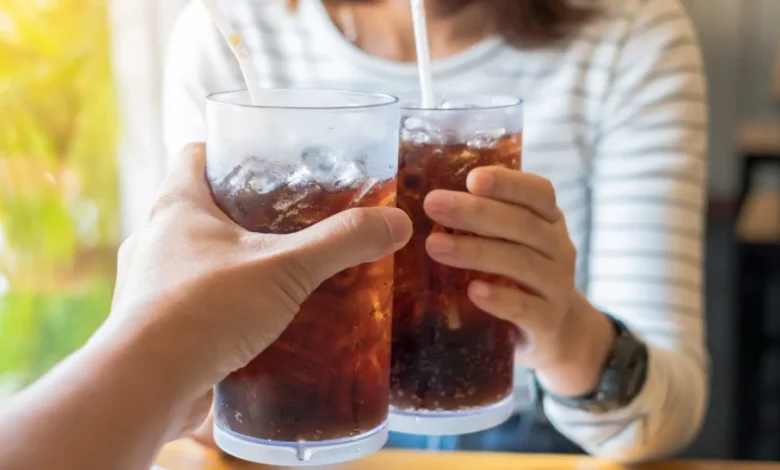
Alarming new research sheds light on a hidden danger for young adults. A recent study reveals a worrying link between sugary drinks and a significant increase in their risk of bowel cancer.
The study, conducted by a team of dedicated researchers, found that consuming just two glasses of sugary drinks a day – that’s roughly one small can each – more than doubles the risk of developing bowel cancer before the age of 50. This risk jumps even higher, reaching a staggering 33 percent increase, for teenagers who regularly indulge in these beverages.
The study, published in Gut, analyzed the effects of various sugary drinks, including sodas, fruit-flavoured beverages, and sports and energy drinks. Each daily serving of eight ounces (around one small can) was found to increase the risk by 16 percent in adults, rising to a worrying 33 percent for teenagers.
It is the first study to associate them with a heightened risk of bowel cancer in mid-life. Cases of early-onset colorectal cancer have been climbing over the past two decades – but it’s not clear why.
Corresponding author Dr Yin Cao of the University of Washington, St Louis, said: “These drinks have steadily risen in popularity – particularly among teens and young adults.”
She called for campaigns aimed at reducing consumption among adolescents and young adults, saying, “It may serve as a potential strategy to alleviate the growing burden.”
Substituting them with artificially sweetened beverages, coffee or semi-skimmed or whole milk slashed the risk by 17 to 36 percent. The findings are based on 95,464 female nurses in the US aged 25 to 42 who were tracked for up to 24 years.
They reported what they ate and drank using validated food frequency questionnaires every four years – starting in 1991. And 41,272 also recalled what – and how much – they between the ages of 13 and 18.
During the study period, 109 participants were diagnosed with bowel cancer before they reached 50. Fizzy drink intake was linked to significantly higher rates – compared to those who rarely touched the stuff.
This was after accounting for other factors including health, lifestyle and BMI (body mass index) as teenagers, use of aspirin, other NSAIDs (non-steroidal anti-inflammatory drugs) or vitamin supplements and family history of the disease.
The “biologically plausible explanations” for the results in clude fact that sugary drinks suppress feelings of satiety – which can lead to piling on the pounds.
They also prompt a rapid rise in blood glucose and insulin secretion – triggering inflammation, obesity and type 2 diabetes. Emerging evidence also suggests glucose and high fructose corn syrup – found in most fizzy drinks – boost intestinal tumours. Further, they weaken the gut barrier – providing an environment for them to thrive.
Cao said: “A recent study demonstrated high-fructose corn syrup treated mice had substantial colon tumour growth with aggressive grade. This was independent of obesity and metabolic syndrome – which lends additional support to the link between sugar-sweetened beverages and colorectal cancer risk.
“Considering the well-established, adverse health consequences and the highest consumption being characterised in adolescents and young adults under age 50 years, our findings reinforce the public health importance of limiting intake for better
Vanguard
Join our new WhatsApp community! Click this link to receive your daily dose of NEWS FLASH content. We also treat our community members to special offers, promotions, and adverts from us and our partners. If you don’t like our community, you can check out any time you like.

